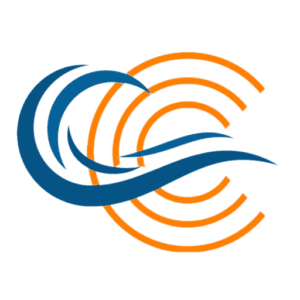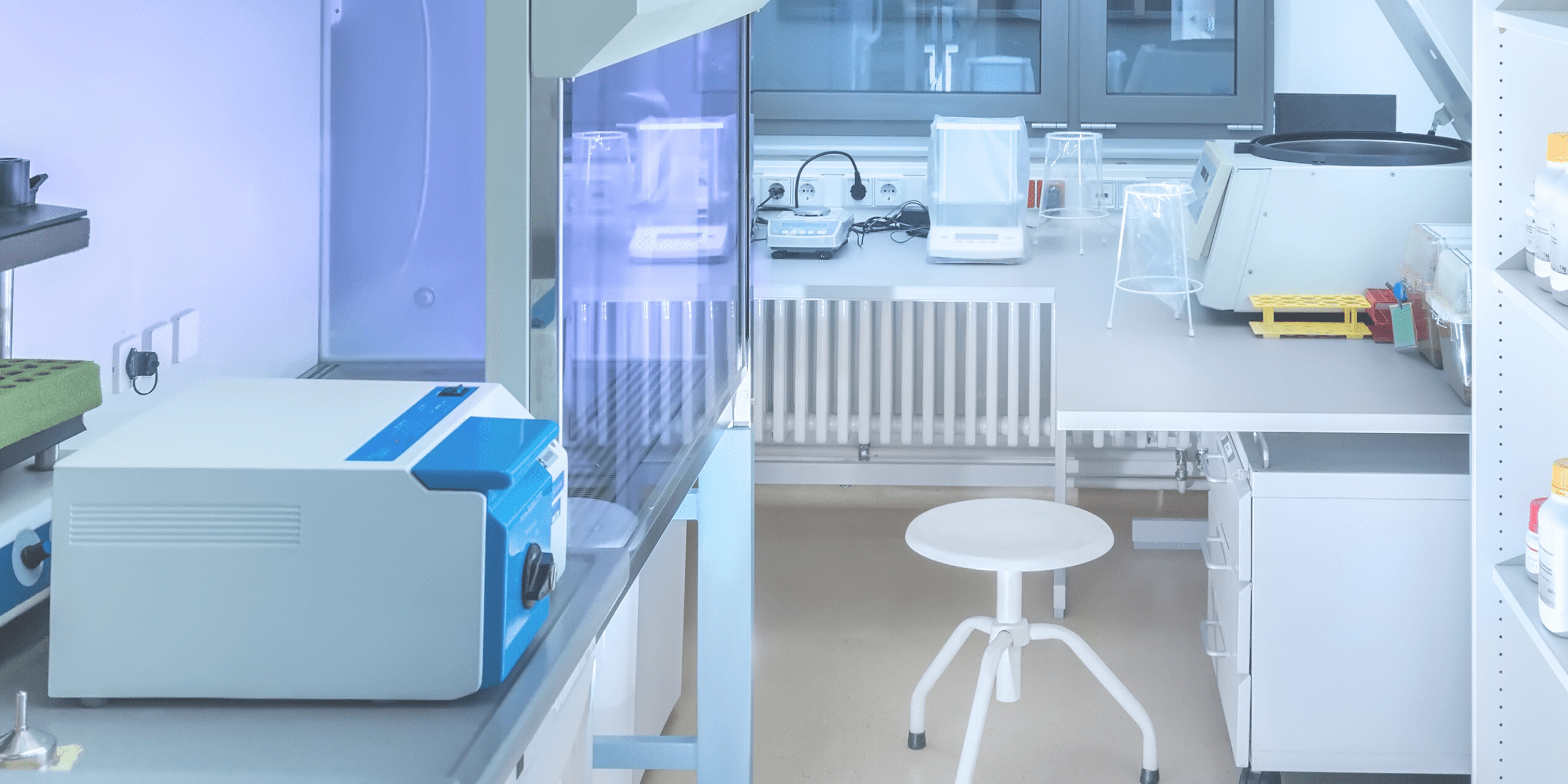
by CCG Staff
State of the Drug Testing Industry
The Current Consulting Group’s 26th Annual Drug Testing Industry Survey identified new trends as well as the most significant developments affecting drug testing providers and their customers, including the advancement of some interesting new emerging technologies, drug test cheating strategies and the ongoing threat from the legalization of marijuana.
This year’s highly anticipated industry survey was made possible by the generous support of the following companies:
- Abbott
- ClearStar
- DrugPak
- eMed Screen
- Hound Labs
- NDASA
- OraSure
- Premier Biotech
- Quest
- Wondfo
The 2024 survey included 450 drug testing professionals, including representatives from laboratories, device manufacturers, Medical Review Officers (MROs), third-party administrators (TPAs), background check companies, collectors, and substance abuse professionals.
“Among the key things we learned from this year’s survey,” said Bill Current, founder of the Current Consulting Group, as well as the Drug Testing Industry Survey, “is that drug testing is on solid ground. Sales in 2024 are strong, as nearly four-out-of-five respondents said sales are either up or are at least the same compared to 12 months ago, and nearly half believe sales will increase by the end of 2024. This is great news in light of the ongoing legalization of marijuana and its impact on how employers protect their companies from drug-related impairment.”
Current added, “Drug testing providers are also looking for ways to meet their customers’ needs in the age of legal marijuana when urine testing is under attack in a growing number of states like California and Washington. Significant percentages of survey participants said they already offer or are considering adding alternative testing methods, including rapid-result devices, oral fluid, hair, and breath THC, as well as proctored testing and non-drug-testing impairment screens. This means that while drug testing is safe, it will likely look different in the coming years.”
State of the Drug Testing Industry
Just over 38% of the survey respondents said drug testing sales in 2024 have increased compared to the previous year and nearly 43% said they are unchanged. By comparison, 19% indicated sales are down this year. Also, 48% believe drug testing sales will increase by the end of 2024, while 16% predicted they will decrease. Another 36% said sales will stay the same.
Drug Test Prices and Processes
Drug testing has always been a price-sensitive business. Some employers make important decisions about how to conduct drug testing and which providers to use based almost exclusively on price. And whether or not that is wise may be irrelevant, given that most providers admit drug test prices are increasing.
When asked, “Have you increased drug testing prices to your clients?” just over three-quarters said yes, or they’re about to do so. In the survey, 55% said they have already increased prices in 2024 and 21% said they haven’t raised prices yet, but plan to do so before the end of the year. Only 24% said they have no plans to increase prices this year.
And what is driving these price increases? Nearly three-quarters (71%) blamed laboratories and another 25% said collectors have raised their prices. Only 5% said MROs have increased prices.
Another challenge faced by many has to do with lab-turnaround times. When asked, “In the last year, have your lab result turnaround times changed?” 38% said it is taking longer to get results from labs, versus only 9% that indicated it’s taking less time. That said, 52% said turnaround times are the same, which doesn’t necessarily mean they’re good, just that they haven’t gone up or down.
Most providers are not overly burdened with scheduling traditional drug tests. For instance, when asked, “How often does your organization encounter challenges related to scheduling and logistics in traditional drug testing processes?” 43% said “occasionally,” 32% said “rarely,” and 8% said “never.” However, 17% said they “frequently” encounter problems arranging for drug tests.
Pre-Employment Testing
Most employers still conduct pre-employment drug tests, though some have decided to stop.
- About 21% said 50-80% of their clients conduct pre-employment testing (down slightly from 22% in last year’s survey)
- said 80-99% of their clients still conduct pre-employment testing (up from 42%)
- Nearly 23% said all of their clients screen applicants for drugs (down from 26% in 2023’s survey but up from 19% in the 2022 survey)
Nearly 16% of providers said they have had clients drop pre-employment testing though “not many” and 14.5% have had clients discontinue pre-employment testing and expect more will eventually follow suit. Just over 11% said they have not had clients discontinue pre-employment testing, but they anticipate it happening (compared to 24% in the 2023 survey). Further, 59% (compared to 44% last year) said it’s either not a trend (49%) or not a growing trend (10%).
Conclusion
“The recent announcement by the Biden Administration that it plans to reclassify marijuana from a Schedule I controlled substance to Schedule III creates many questions for which there are no answers yet,” Current said. “However, despite the legalization of marijuana and any move the federal government makes toward legalization, we can expect drug testing to not only survive but to thrive over the next five years. More marijuana users mean more absenteeism, more workplace accidents, and more positive drug test results. All of these factors will motivate employers to find ways to continue drug testing.”
Current continued: “NDASA will become more important than ever by leading the way in advocating for employers’ rights to take appropriate measures to ensure their workplaces are as safe as possible. This includes drug testing to make sure employees are not impaired when they show up for work and throughout the workday. Drug testing has proven to be a powerful deterrent to drug use on the job and employers will come to rely on it even more in the coming years.”
“We are entering the age of emerging technologies,” Current added. “New drug testing methods that make drug testing faster, more efficient, and more cost-effective, and that identify recent drug use will grow in popularity. Rapid-result testing devices, especially in combination with proctored/virtual testing apps and impairment screenings, will become more common as employers look for ways to streamline the process of ensuring their workers are not impaired on the job.”
“The future of drug testing is fast-approaching. The industry is already starting to look different than what we have become accustomed to over the past three decades as providers respond to legal and cultural trends as well as market demands.”
This information is provided for educational purposes only. Reader retains full responsibility for the use of the information contained herein.
© 2010-2024 The Current Consulting Group, LLC – No portion of this article may be reproduced, retransmitted, posted on a website, or used in any manner without the written consent of the Current Consulting Group, LLC. When permission is granted to reproduce this article in any way, full attribution to the author and copyright holder is required.


